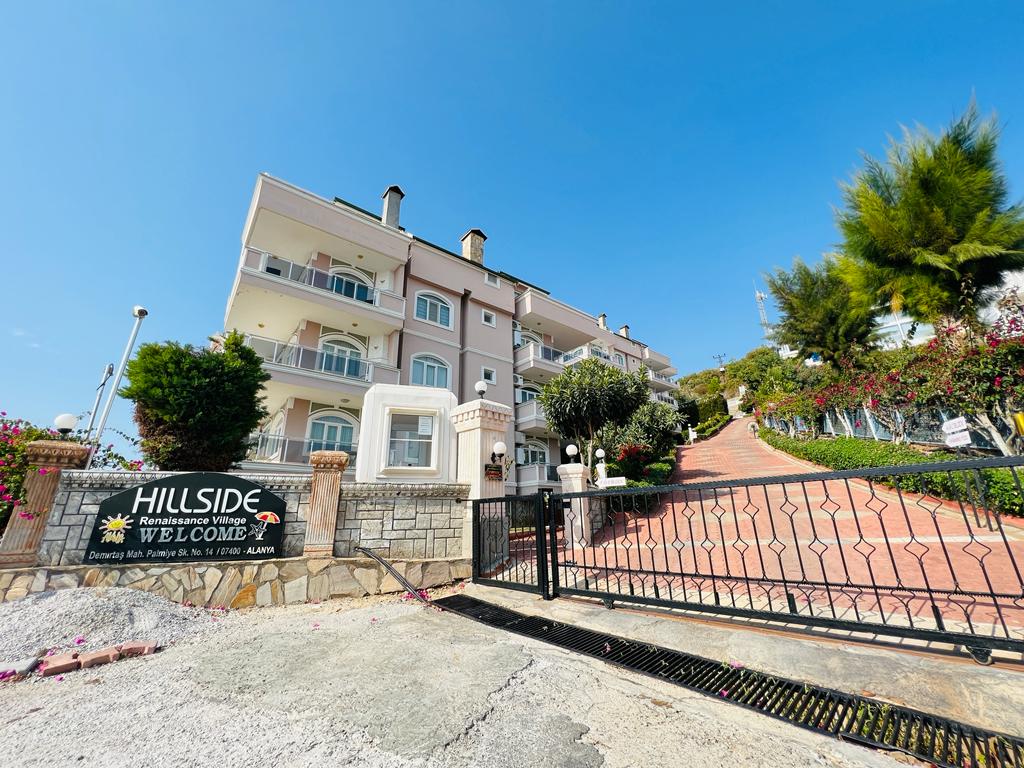According to the Turkish Statistical Committee, the number of transactions in the country’s real estate market has fallen by almost half. At the same time, the number of transactions with foreign buyers decreased by 69.6% compared to the same month of the previous year. What else has changed in the Turkish real estate market over the past six months read in the article.
Immersion in context. Briefly about the most important aspects
High demand for real estate in Turkey has led to a significant rise in prices and an acute shortage of supply in the market. As a result, the local population has become unable to buy an apartment or house in Turkey, and even to rent housing in the most popular areas. As a result, last summer, the Turkish authorities decided to close some areas in the most popular locations, thereby trying to stabilize the market.
By the end of 2022, the country began a wave of refusals of residence permits, and it turned out that there is no clear system in this matter and regulations in the country.
Nevertheless, demand and Turkish property prices continued to rise. As for the cost of real estate in Turkey, its annual growth as of March 2023 was 154% in lira. The average price per square meter was 17,573 Turkish lira ($905), and the payback period for housing investment was 20 years.
The most popular Turkish regions in March were Istanbul, Ankara and Antalya. In Istanbul, the annual rise in home sales was 144% with an average price per square of 27,004 Turkish lira ($1,391).
In May 2023, Turkey held presidential elections, and many foreign investors then took a wait-and-see approach. There are really many questions at that time: what will happen to the prices for apartments in Turkey? Will foreigners be forbidden to buy property in the country? What will happen next with the real estate market in general?
After the elections in Turkey and the introduction of a new Interior Minister, many market players waited for news of the possible opening of closed areas in Turkey, as well as changes in the issuance of residence permits for foreigners. However, this did not happen. Moreover, there was a possibility of expanding the list of closed areas.
Above everything, Turkey’s country risk premium remains at a very low level, which is why investors are still interested in the country.








